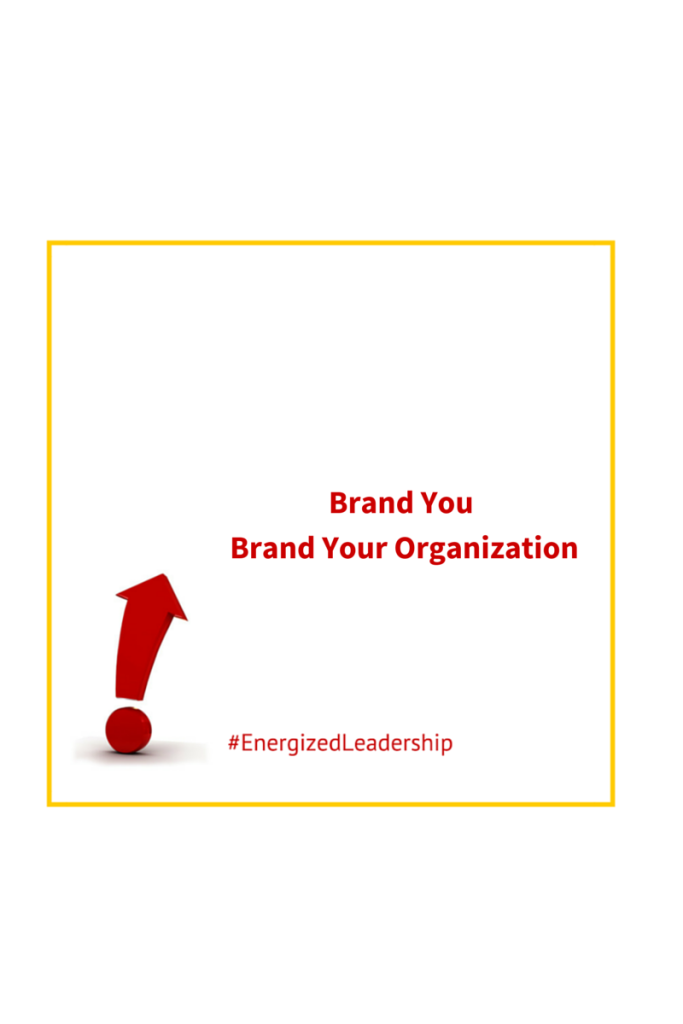As a child, I remember hearing this story of The Boy Who Cried Wolf, where, the tale concerns a shepherd boy, Peter, who repeatedly tricks nearby villagers into thinking a wolf is attacking his flock. When one actually does appear and Peter again calls for help, the villagers believe that it is another false alarm and the sheep are eaten by the wolf. At last, Peter learnt his lesson, that if you always tell lies, people will eventually stop believing you; and then when you’re telling the truth for a change, when you really need them to believe you, they won’t.
?? How often is this story, true in our daily lives?
?? How many times have you met people who say
→they will deliver you something within a specified time frame and you don’t hear back from them within the specified time
→ their customer service will help you and when you need help and engage with them, you waste your time and the issue still doesn’t get resolved
→ they are right and they denounce you when you disagree, even when you disagree with evidence.
→are listening but are engaged on their mobile, their own thoughts and activities
→they are the best and are so consumed with what they get and are frozen with their point of view.
Credibility cannot be built and enhanced when
1. You are narcissistic
When you are self-centered, your actions show that you are looking out for yourself. Your choices and decisions are made to make you look best. Your actions are manipulative and you are concerned about what is best for you and no one else.
If you are a self-centered and narcissistic person, you will not motivate or inspire others. People will stop believing in you.
2. You are egoistic
If you only see what your eyes want to see, and don’t want to believe in others and what they are capable of, you will be seen as an egoist. When what you say and how you say and act is based on your own interests and advancement of the same, people will stop giving you respect,
3. You are inconsistent
When you actions are not in line with what you say, you are considered inconsistent and somebody who cannot be relied on. Your actions speak who you are and not only talk your talk but walk your talk to enhance your credibility.
4. You are insecure
Your actions do not motivate others and you don’t believe in others. You do not appreciate or recognize others for what they do well. You don’t make your team feel valued or wanted. You are driven by a sense of insecurity about your position and fail to inspire your team. Your insecurity results in you not looking after your team interests and caring for their growth and development.
5. You don’t communicate
You are open about the way you criticize, condemn and complain, yet, you don’t take time to value your team’s valid contributions. You instill fear in others in the what you communicate and how you communicate. You give feedback when it suits you instead of giving regular constructive feedback. You install a change and do not communicate or assist people through the transition.
Communication is effective when you listen to understand, empathize and empower your team to deliver what they need to deliver and do best. Credibility is built and enhanced by the way you communicate and treat your team.
Credibility is not built-in a day and yet it takes a fraction of a second to damage it. You will be followed as a leader when you inspire others by your actions. Earn your credibility by being true to your word.
They cultivate an environment to promote diversity. They not only believe in their own power but also in the power of others.
Transitions sometimes affect your power of influence and in order to continue to be credible, seek the assistance of a coach. Connect with me for one-on-one coaching, group coaching or training.












